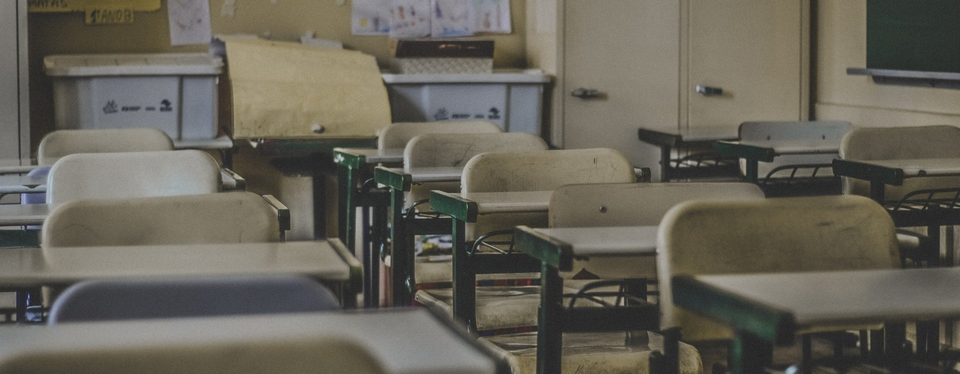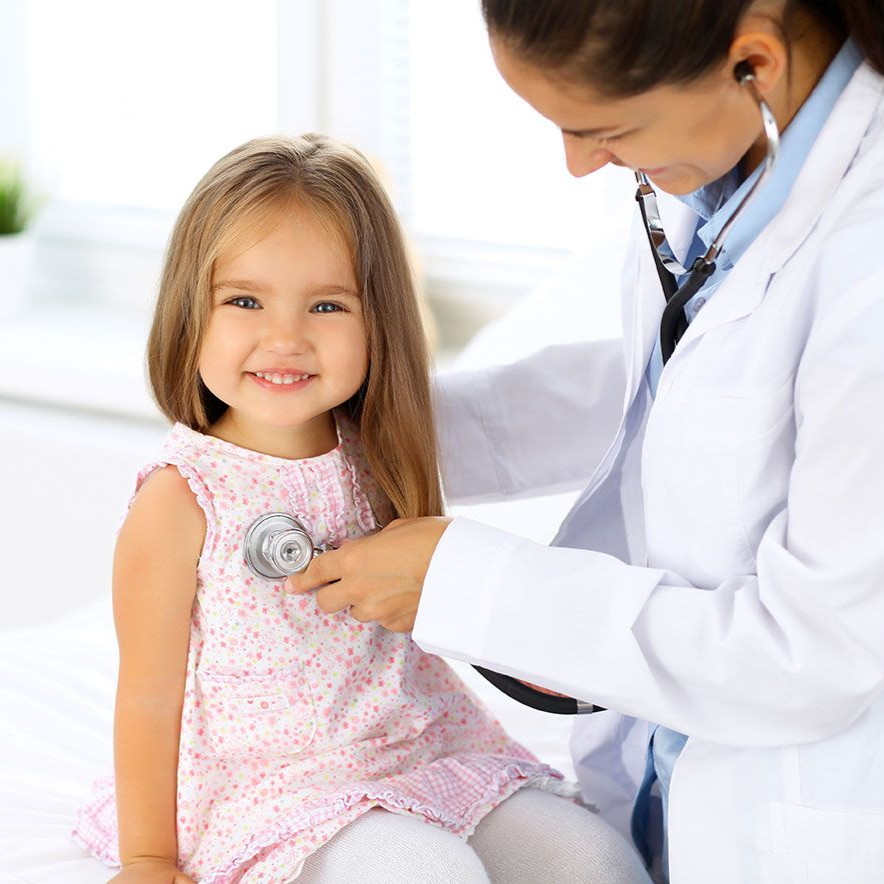Pediatricians Say School Closures Threaten Kids More than COVID-19
July 6, 2020

It is important for children to have access to education as they grow and learn, but the spread of COVID-19 has caused schools to close and move to virtual learning. However, pediatricians state that school closures threaten children more than COVID-19.
Children and the Risk of COVID-19
While it is normal to be worried about children during the pandemic, children who are not high risk are not in as much danger as high-risk adults. Children are less likely to spread the virus and suffer from severe symptoms. There are many children who suffer more from seasonal flu than the Coronavirus.
For example, schools in the Netherlands reopened between May 11 and June 8, 2020. The Netherlands’ National Institute for Public Health and the Environment has reported that there were only a few reports of COVID-19 infections among school employees, and none of those employees were infected by children.
There are precautions that can be taken for both children and adults who are considered high risk for the Coronavirus. Unfortunately, there are not any precautions to protect children from the negative effects of closing schools.
The Negative Effects of School Closures On Children
The lack of education and income-based educational gaps are just two of the factors that can be an issue with closing schools. In addition, the American Academy of Pediatrics has stated that the closing of schools has resulted in an increase in child abuse and neglect. You are going to learn more about these issues in this section.
Some children learn better when they are in a classroom with their teacher and peers. It is also more difficult for a teacher to engage every child when they are not in a classroom.
Moving from traditional classroom learning to virtual learning is also rough on their routines. Children become used to waking up, taking classes and eating lunch at a certain time, but their schedule has been flipped upside-down thanks to the closing of schools.
The income-based educational gap is another negative effect of closing schools. According to ParentsTogether, low-income families are more likely to receive low-quality education than high-income families. In some cases, some of the poorest students were only participating in virtual learning less than once a week.
The worst negative effect of all is the increased child abuse and neglect. For those children, attending school was almost an escape from their unhappy homes, and they were in contact with teachers and staff members who could report the abuse. Now, children are spending more time at home in an unhealthy or unsafe environment.
Pediatricians are stating the effects of closing schools are worse than the risk of COVID-19. The pandemic is a temporary problem, and there are doctors and scientists who are working hard to find a solution. However, the negative effects of closing schools last for a lifetime.
For the sake of 57 million schoolchildren in America, it is important to start planning the reopening of schools in person. It is an important decision for the mental and physical health and well-being of children of all ages.

Growing pains are most common in children ages 3–12, especially during periods of rapid growth. While the exact cause isn’t fully understood, many doctors believe they are related to increased physical activity and the stretching of muscles and tendons during growth spurts, not growth of bones themselves.

Thanksgiving is a cherished tradition, an opportunity to gather with family and friends to celebrate gratitude for the many blessings in our lives. Whether you're traveling to visit relatives or hosting a festive dinner at home, preparing for Thanksgiving can be a joyful yet daunting task, especially for parents.








